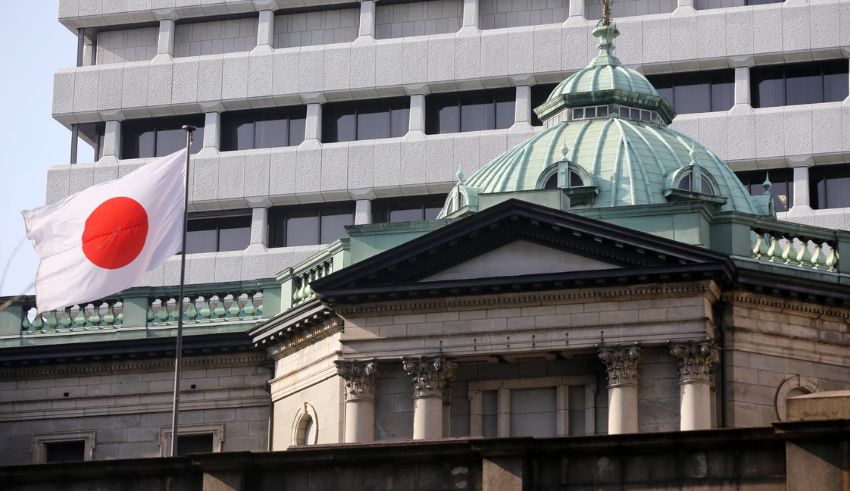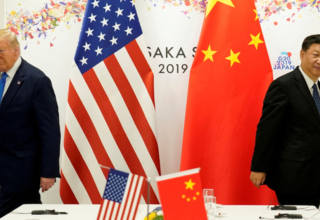
In a historic move that marks the end of nearly two decades of negative rates, Japan has initiated a rate hike, signaling a pivotal shift in its economic policy landscape. The decision, orchestrated by the Bank of Japan (BOJ), holds profound implications for the nation’s economic trajectory.
Combatting Deflation: A Long-fought Battle
Japan’s struggle against deflation has been protracted and challenging. The implementation of negative interest rates in 2016 aimed to incentivize spending and investment by discouraging cash hoarding. With short-term interest rates now hovering around 0% to 0.1%, a departure from the previous -0.1%, the BOJ expresses cautious optimism regarding the economy‘s readiness to progress.
A pivotal catalyst behind this policy shift is the recent surge in wages. The annual “shunto” spring wage negotiations have yielded a notable 3.7% increase in base pay, as reported by Rengo, Japan’s largest trade union federation. This upward trend in wages bodes well for bolstering domestic demand, potentially igniting inflation and fostering a virtuous cycle of economic expansion.
Keep Reading
The Demise of Yield Curve Control
Concurrently with the rate hike, the BOJ has abolished its yield curve control policy concerning 10-year Japanese government bonds. This radical strategy, integral to Japan’s efforts in manipulating longer-term interest rates to stimulate economic activity, symbolizes a significant pivot towards normalization.
Nevertheless, this transition is not devoid of risks. The shift from a negative rate policy may usher in tighter financial conditions, potentially tempering both consumer spending and business investment. Moreover, amidst a backdrop of global economic uncertainty, exacerbated by geopolitical tensions and supply chain disruptions, additional challenges loom on the horizon.
Japan’s decision to raise interest rates represents a resolute affirmation of its economic resilience. It reflects the nation’s confidence in embracing a new phase of growth, propelled by robust wage increases and sustainable price hikes. Yet, as with any consequential policy alteration, inherent risks accompany this bold move. The world keenly observes to ascertain whether Japan’s gamble will yield dividends in the long run.



























